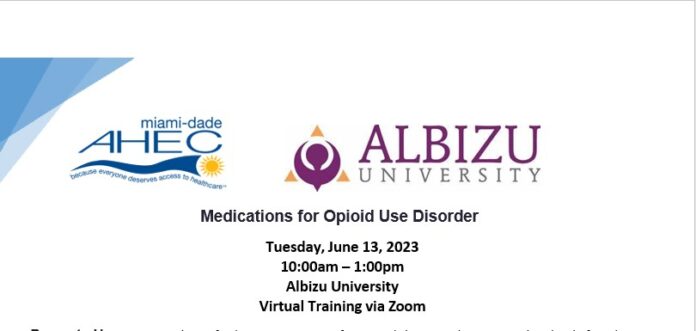This didactic training session will review the three FDA-approved medications for treating opioid use disorder (i.e. methadone, buprenorphine, and injectable naltrexone) through an illustrative clinical case. For each medication, the mechanism of action; process of treatment initiation, stabilization, and maintenance; adverse effects; and contraindications will be described. Participants will also learn updated and accurate terminology around substance use and addiction as well as how to identify risks associated with injection drug use practices and harm reduction strategies. Content will be designed for a non-prescriber audience and highlight the valuable role psychologists play in counseling individuals about medications for opioid use disorder and engaging them in evidence-based treatment. The session will incorporate interactive features to allow for audience participation and conclude with a question and answer forum.
Medications for Opioid Use Disorder
Presented by: Dr. Kenneth Morford is an Assistant Professor and clinician educator at Yale School of Medicine. He trained as a general internist in the Yale Primary Care Residency Program and completed fellowship training in addiction medicine. He provides primary care and addiction treatment at a community-based opioid treatment program, and also cares for patients on the addiction medicine consult service at Yale New Haven Hospital. He directs a HRSA-funded interprofessional addiction training program, called CHAMP, and serves as an associate program director for the Yale Addiction Medicine Fellowship Program. Learning Objectives: By the end of this session, participants will be able to: 1. Define terminology related to addiction and opioid use disorder (OUD) 2. Describe the three FDA-approved medications for treating OUD (methadone, buprenorphine, and injectable naltrexone). 3. Summarize harm reduction strategies for people with OUD






